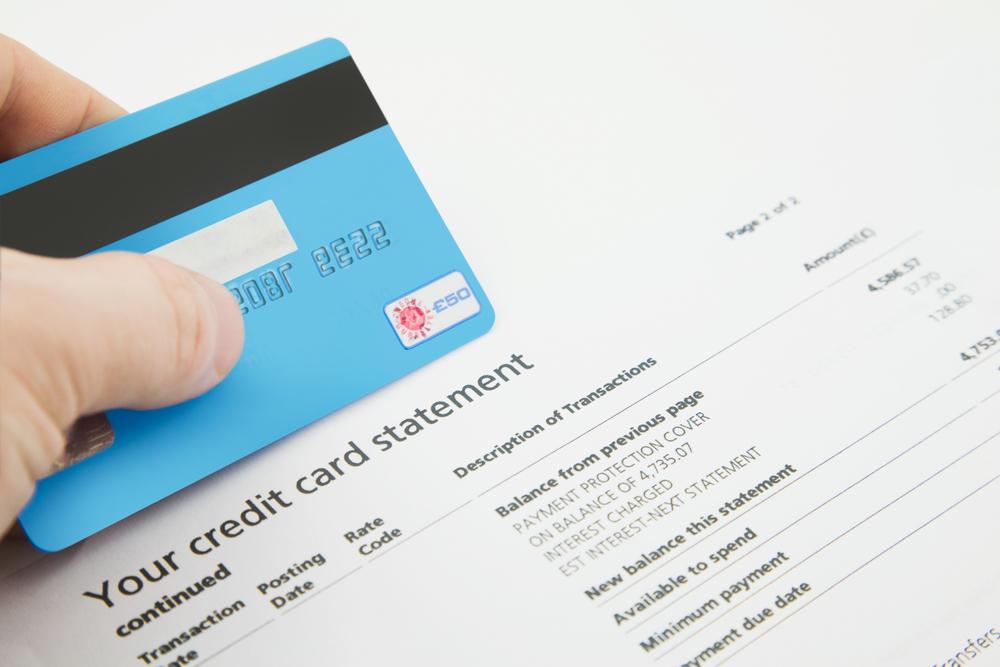Dear Mary: Is there a law that says how long the grace period must be? (And if you don’t mind, exactly what is a grace period?) —Justin
Dear Justin: In the world of lending and borrowing, the “grace period” is the number of days between the time you make a credit card purchase and when you will begin to pay interest on that short-term loan.





